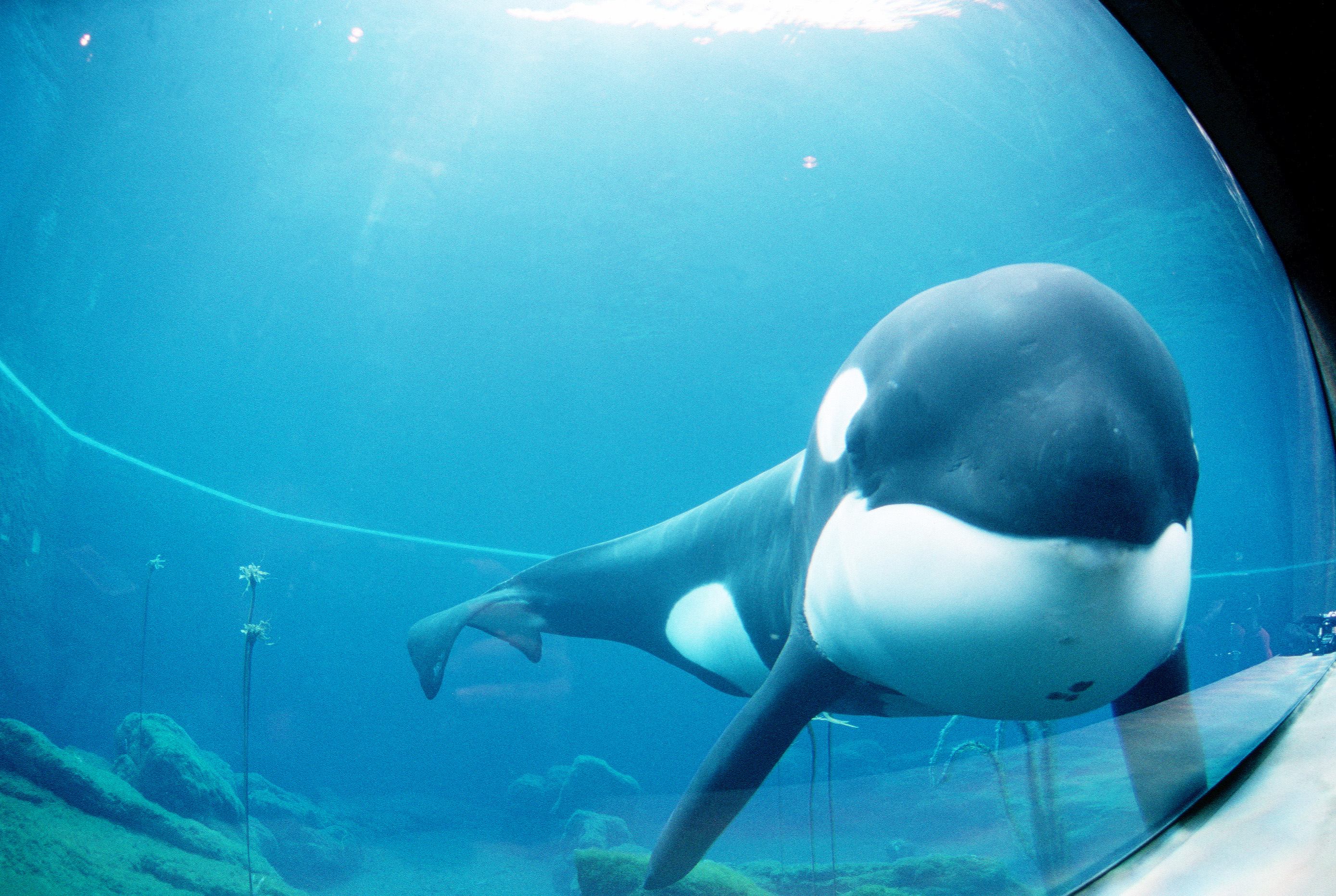Commentary by Julie Beesau
Julie Beesau spent 2
fieldseasons volunteering with us at the
Icelandic Orca project in 2013 and 2014. This blog post is about her own
experience working with Icelandic orcas.
I have spent two months in Iceland, in Grundarfjörður, during winter fieldwork twice (in 2013
and 2014) with all the Icelandic Orcas' team. It was such a great experience
for me. I've always wanted to see orcas in the wild and study them. I learned
many things on their social and feeding behavior, and I could also enjoy the
magic of their acoustic communication.
I was in charge of taking pictures and
acoustic recordings on the whale watching boat. It was also nice to discuss and
explain to tourists what kind of studies we can do on orcas.
I remember one day we encountered more
than 100 orcas in the fjord, it was just unbelievable. I think this day was my
favorite and will be engraved in my memory forever.
 |
| Male orca. Photo by Julie Beesau. |
Every
day after the trip on the whale watching boat I would meet the rest of the team
in our house where we shared our sightings and experiences on the boat and also
a great meal.
 |
| Landscape of Grundarfjörður. Photo by Julie Beesau. |
I could also appreciate the magical
landscapes of Iceland and sometimes the capricious weather.
It was a unique experience, rich in animal
sightings but also rich in human contact. I met some absolutely lovely and very
helpful people there (Icelandic, Portuguese, Russian, Italian, Scottish, Dutch,
German people).
Thank you to all the Icelandic Orcas’ team
and also to Láki Tours, especially captain Gísli.
